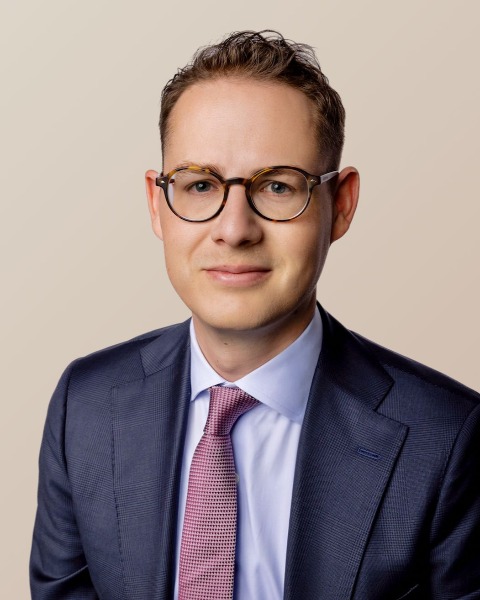Education
The Scarlet Letter of the Unmatched Neurosurgery Reapplicant: Trends, Opinions, and Guidance from a Nationwide Survey

Kyril L. Cole, MD, MPH, MBA
Research Fellow
University of Utah School of Medicine
Salt Lake City, Utah, United States
Presenting Author(s)
Introduction: Increasing interest in neurosurgery residency coupled with limited positions has led to a growing number of unmatched M.D. applicants, who often struggle to find consistent guidance for their next steps. The authors examined trends, opinions, and options available to unmatched M.D. neurosurgery reapplicants through a survey of neurosurgery program leadership.
Methods: Demographic trends of M.D. applicants from the NRMP (2009-2024) were analyzed using linear regression analysis. Opinions regarding reapplicants were assessed via an online survey of national neurosurgery leaders, including residency program directors and chairpersons (N=356).
Results: The survey had a 23.0% response rate (82/356), including 39.5% being Program Directors. Reasons why a mentee may not have matched varied; commonly cited reasons included poor interview skills, weak recommendation letters, and personality issues, among others. Although most survey respondents supported candidates reapplying, dual applications (applying to >1 specialty) were not widely encouraged. Personality/fit issues and poor grades were the most emphasized reasons to not support a reapplicant for neurosurgery. For those reapplying, pursuing a preliminary general surgery or research fellowship, obtaining new letters of recommendation from new sub-internships, and publishing higher quality research were the most endorsed use of time before reapplying, although opinions varied. Most programs indicated that they interview reapplicants sometimes-to-rarely and most endorsed matching a reapplicant rarely-to-never. Most leaders (63%) felt reapplicants needed to be better than standard senior M.D. applicants to be equally considered in the match. All trends in M.D. applications, acceptances, total unmatched, and positions available showed a clear linear increase since 2009, except for the rate of accepted M.D. reapplicants, which has significantly lagged behind over time (B=0.52, R2=0.454, p=0.004).
Conclusion : The number of unmatched applicants for neurosurgery residency positions has grown. Survey views towards reapplicants remain unfavorable despite their effort to improve an application, suggesting that unmatched M.D. reapplicants may be unreasonably overlooked even if qualified by other objective measures. Conflicting advice appears to be a concern; candid and internally consistent guidance is needed for all applicants in the residency matching process.
Methods: Demographic trends of M.D. applicants from the NRMP (2009-2024) were analyzed using linear regression analysis. Opinions regarding reapplicants were assessed via an online survey of national neurosurgery leaders, including residency program directors and chairpersons (N=356).
Results: The survey had a 23.0% response rate (82/356), including 39.5% being Program Directors. Reasons why a mentee may not have matched varied; commonly cited reasons included poor interview skills, weak recommendation letters, and personality issues, among others. Although most survey respondents supported candidates reapplying, dual applications (applying to >1 specialty) were not widely encouraged. Personality/fit issues and poor grades were the most emphasized reasons to not support a reapplicant for neurosurgery. For those reapplying, pursuing a preliminary general surgery or research fellowship, obtaining new letters of recommendation from new sub-internships, and publishing higher quality research were the most endorsed use of time before reapplying, although opinions varied. Most programs indicated that they interview reapplicants sometimes-to-rarely and most endorsed matching a reapplicant rarely-to-never. Most leaders (63%) felt reapplicants needed to be better than standard senior M.D. applicants to be equally considered in the match. All trends in M.D. applications, acceptances, total unmatched, and positions available showed a clear linear increase since 2009, except for the rate of accepted M.D. reapplicants, which has significantly lagged behind over time (B=0.52, R2=0.454, p=0.004).
Conclusion : The number of unmatched applicants for neurosurgery residency positions has grown. Survey views towards reapplicants remain unfavorable despite their effort to improve an application, suggesting that unmatched M.D. reapplicants may be unreasonably overlooked even if qualified by other objective measures. Conflicting advice appears to be a concern; candid and internally consistent guidance is needed for all applicants in the residency matching process.

.jpg)